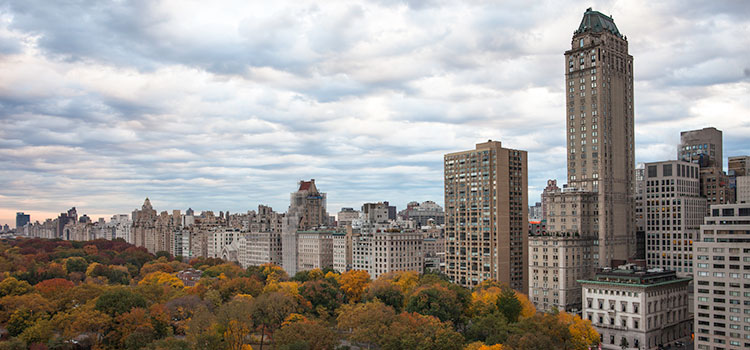The number of doctors registered for New York’s medical marijuana program has more than doubled in the first month since the program’s launch. As of Feb. 2 there are 334 physicians registered with the program, up from the 150 initially registered when the program launched on Jan. 7, according to the Health Department. The program now has 551 registered patients, up from 71 a month ago.
While the number of registered physicians and patients is promising, State Assemblyman Richard Gottfried (D) – who sponsored the original Compassionate Care Act – has introduced a bill aimed at increasing the number of registered organizations in the state in an effort to provide access to the drug in regions that, currently, do not have a nearby dispensary.
The bill (A.9151) would allow another five registered organizations to manufacture and dispense cannabis in the state, doubling the number of registered providers and addressing a major access barrier to patients in the state.
“The Department of Health has authorized only five registered organizations, with four dispensaries each, to provide medical marijuana,” the bill justification states. “As a result, 20 medical marijuana dispensaries are available to serve the needs of 19,750,000 New Yorkers. Those 20 dispensaries are located in only 13 counties, meaning that 49 counties – with a cumulative population of over 7.5 million people – have none.”
According to the bill, on average there is one dispensary for every 210,000 people in the 22 other states with medical marijuana programs.
“By any standard, New York’s medical marijuana delivery system is woefully inadequate and far out of step with practices across the nation,” the bill says.
In an email Gottfried said new and previous applicants would be able to apply under his proposal. Whether or not previous applicants would have to pay the $10,000 application fee would be at the behest of New York Health Commissioner Howard Zucker.
Gottfried also indicated plans on introducing legislation increasing the number of eligible conditions under the law. Those conditions – Alzheimer’s Disease, traumatic brain injury, dystonia, muscular dystrophy, wasting syndrome, post-traumatic stress disorder, rheumatoid arthritis and lupus – were removed in negotiations with Governor Andrew Cuomo (D), he said.
“The [Health] Commissioner has discretion to expand the eligible conditions list. Unfortunately, he has chosen not to,” Gottfried said. “There are many more patients whose lives could be made better by use of medical marijuana if their conditions were covered.”
Julie Netherland, the Drug Policy Alliance’s director of the Office of Academic Engagement, says Gottfried’s bill “is a step in the right direction, but still insufficient,” adding that states with lesser populations than New York often have more than 40 dispensaries.
“We have significant concerns with the program. Aside from too few dispensaries, we are concerned with the cost of medicine and whether it will be affordable for low income patients. We are also concerned that only a few hundred doctors have enrolled and that state has refused to make a list of participating doctors public,” Netherland said in an email. “We also remain concerned that so many patients are left out of the program, which only covers ten medical conditions, and that the both the strains and kinds of medicine are severally restricted. All of these problems add up to a program that seriously impedes patient access.
The Health Department has floated the idea of allowing dispensaries to have a delivery service but there are no plans to implement such a program at this time, a member of the Health Department’s communications staff said in an email.
The bill has been sent to the Health Committee, where it must be approved before it can be sent to the Assembly floor for a vote. If it passes the Assembly it would move to the Senate and, if passed, it would need Governor Andrew Cuomo’s (D) signature. The legislation would take effect on Jan. 1, 2017.
